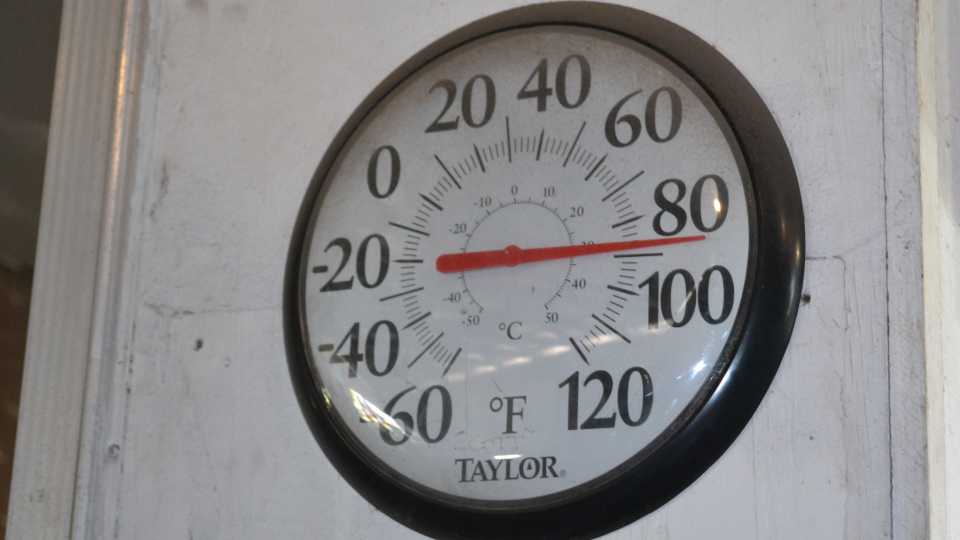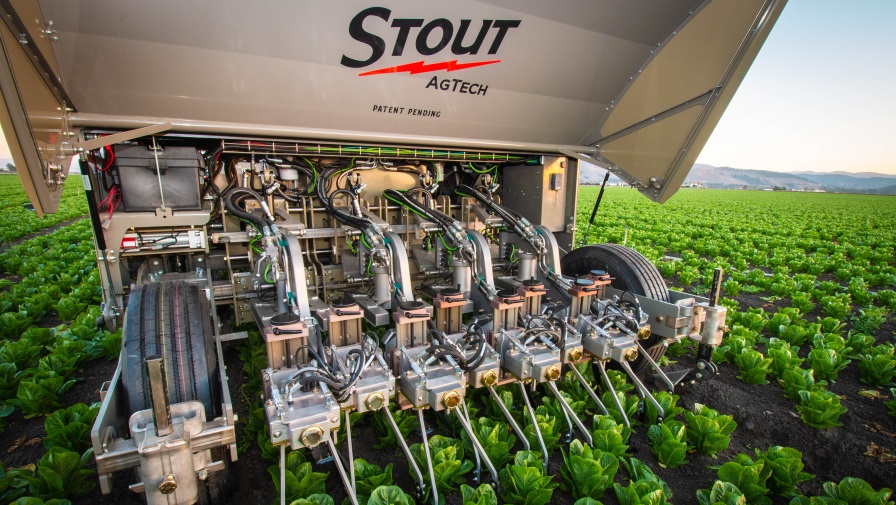Pacific Northwest Economy Isn’t Just About Aircraft, Software
A coalition of business, labor, and agriculture leaders from across the state is encouraging Gov. Jay Inslee to make sure that Washington is “open for business” in every part of the state.
The group delivered a letter to the governor following his announcement on streamlining the regulatory process and providing incentives for Boeing to manufacture the 777X wide-body aircraft to ensure jobs and economic benefits for the state. The coalition is calling for the same pro-business stance to extend to other projects, including outside of the largest population centers, like the three proposed bulk exporter facilities in the Northwest, two of which are under review by the Department of Ecology. These facilities would create thousands of jobs and millions of dollars in tax revenue for communities.
“Not all areas of the state have access to the ability to make airplanes and software,” the letter reads. “In many cases, the economies of the more rural and suburban parts of Washington are fueled by more traditional industries. And they have the right to rely upon an ability to utilize the state’s ports, roads, and rail infrastructure every bit as much as the residents of the more populous counties. Services like rail transportation are not just reserved for the larger cities, only to become a potential environmental ‘impact’ when needed to spur the economies of other regions.”
In addition to the governor’s announcement, this month has seen a number of calls to streamline the regulatory process to speed projects. Last week U.S. Secretary of Interior Sally Jewell joined with the governors of Oregon and Washington to sign a new Declaration of Cooperation aimed at expediting review and permitting processes for energy and infrastructure developments in the Northwest. President Barack Obama also issued a memorandum to the heads of executive departments and agencies calling for the streamlining of infrastructure and permitting requirements to cut review time lines for major projects in half while improving outcomes.
While the letter is being circulated broadly to sign up additional local business and government leaders, initial signatories include prominent state leaders in business and agriculture, e.g. the Association of Washington Business and Washington State Farm Bureau, elected officials including from Spokane, Longview, and Whatcom County, and labor leaders such the Northwest Washington Building and Construction Trades Council and the United Transportation Union of Washington State.
The letter is being made public as the state’s recommendation for the Environmental Impact Statement (EIS) process is being prepared for the proposed Gateway Pacific Terminal in Cherry Point, WA, following several public meetings and months of study. A proposed Millennium Bulk Terminal in Longview, WA, enters its own scoping process this summer. The state’s decision regarding regulatory process is being watched closely as both Cowlitz and Whatcom counties would benefit greatly from the jobs and tax revenues these projects would bring.
“We can’t help but contrast the treatment being afforded to the 777X (which we consider to be most appropriate) with that being given to the Gateway Pacific Terminal and other port projects. These projects, which would expand maritime export capacity for U.S. producers, are the subject of an unprecedented and expanded regulatory review process. Multiple hearings across the state have been held to receive input on the scope of the EIS process, including (potentially) an examination of everything from train traffic to greenhouse gas emissions here and such emissions involved with the use of products overseas. This is uncharted territory which, if set as a precedent for state policy, could grind future port and industrial job growth to a halt. Applying such standards to Boeing’s projects, for example, could result in unwanted results, including the view that Washington is not the place to do business.”
“Communities outside of the greater Seattle metropolitan area too need your help in fostering the kind of business climate that will encourage the growth of family wage jobs. But there sometimes seem to be two standards applied to such matters. When it comes to economic development in Central Puget Sound, government throws out the welcome mat, but elsewhere not so much,” the letter reads.
“This really is about whether Washington state is open for business or not,” said Lauri Hennessey, spokesperson for the Alliance for Northwest Jobs & Exports. “A decision to expand the regulatory review process for the proposed terminals would set an unintended and dangerous precedent that could damage our state’s competitiveness and economy for decades to come.”









